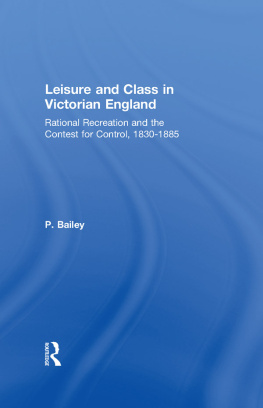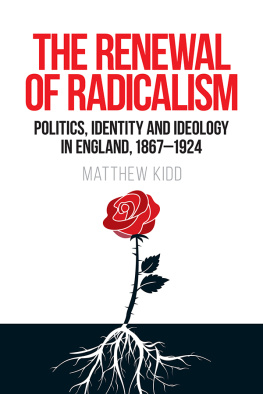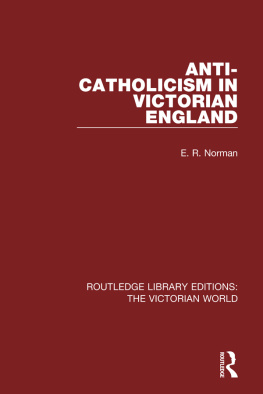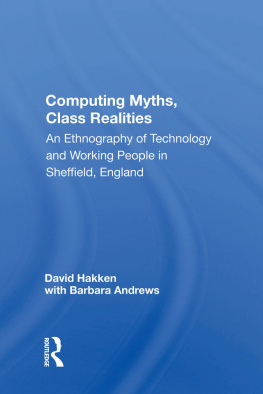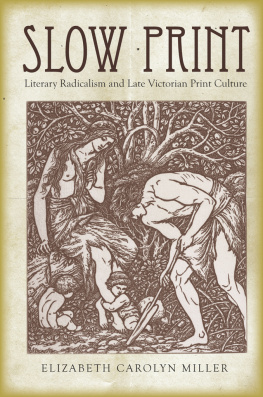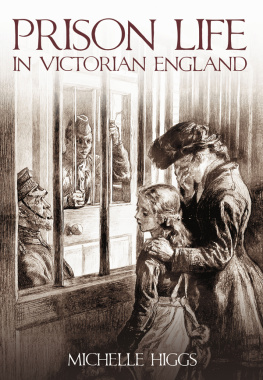
Routledge Revivals
Working Class Radicalism in Mid-Victorian England
Originally published in 1976, Working Class Radicalism in Mid-Victorian England examines working-class radicalism in the mid-Victorian period and suggests that after the fading of Chartist militancy the radical tradition was preserved in a working-class subculture that enabled working men to resist the full consolidation of middle-class hegemony. The book traces the growth of working-class radicalism as it developed dialectically in confrontation with middle-class liberal ideology in the generation after Waterloo. Intellectual forces were of central importance in shaping the character of the working-class Left and the Enlightenment, in particular, as the chief source of ideological weapons that were turned against the established order. The Enlightenment also provided the intellectual foundations of the middle-class ideology that was directed against the incipient threat of popular radicalism. The book notes that the same intellectual forces that entered into the first half of the nineteenth century also shaped the value system that provided the foundations of mid-Victorian urban culture. These forces also contributed to the rapprochement between working-class liberalism, bringing latent affinities to the surface. It is also emphasised, however, that inherited ideas and traditions exercised their influence in interaction with the structure of power and status.
First published in 1976
by UCL Press
This edition first published in 2019 by Routledge
2 Park Square, Milton Park, Abingdon, Oxon, OX14 4RN
and by Routledge
711 Third Avenue, New York, NY 10017
Routledge is an imprint of the Taylor & Francis Group, an informa business
1976 Trygve R. Tholfsen
All rights reserved. No part of this book may be reprinted or reproduced or utilised in any form or by any electronic, mechanical, or other means, now known or hereafter invented, including photocopying and recording, or in any information storage or retrieval system, without permission in writing from the publishers.
Publishers Note
The publisher has gone to great lengths to ensure the quality of this reprint but points out that some imperfections in the original copies may be apparent.
Disclaimer
The publisher has made every effort to trace copyright holders and welcomes correspondence from those they have been unable to contact.
A Library of Congress record exists under LCCN: 77353202
ISBN 13: 978-0-367-85831-5 (hbk)
ISBN 13: 978-1-003-01531-4 (ebk)
Working Class Radicalism in Mid-Victorian England
TRYGVE R. THOLFSEN
First published 1976
1976 Trygve R. Tholfsen
Croom Helm Ltd., 210 St Johns Road, London SW11
ISBN 0-85664-249-5
For Ellen, Barbara, and David
I am deeply indebted to my old friend David Roberts, who provided meticulous criticism of the first draft. As editor, John F.C. Harrison gave me the benefit of his unrivalled knowledge of Victorian social history. John Clive, Isabel Knight, and Douglas Sloan generously found the time to comment on parts of the first draft. I also wish to thank a number of other scholars who were helpful in various ways: Herman Ausubel, Mark Curtis, Robert Handy, Helene Roberts, Allen Staley, R.K. Webb, and Carl Woodring. Thanks are also owed to my wife Ann, who graced the enterprise with her presence.
A fellowship from the John Simon Guggenheim Foundation made possible a year of research in England in 19689 during a sabbatical from Teachers College. The research was also supported by a supplementary grant from the Columbia University Council for Research in the Social Sciences. Over the years Teachers College has provided a congenial environment for teaching and writing.
Historians of the Left have devoted a good deal of attention to the great formative period between 1789 and 1848 from Paine and the Jacobins to Marx and the Chartists. They have also shown considerable interest in the development of organised labour and socialist movements beginning in the last quarter of the nineteenth century. On the whole, the post-1848 period has been treated as an interlude of quiescence, a brief pause in the movement towards a radical reconstruction of the established order. Viewed in a broader historical perspective, however, the mid-century decades, particularly in England, bring into focus aspects of the history of the Left that can be overlooked in an interpretation that presupposes a straight line advance towards clearly defined goals.
Working-class radicalism in mid-Victorian England experienced in concentrated form the predicament inherent in the historical development of the European Left maintaining the impulse to radical change and preserving radical principles in the face of countervailing ideological, social, and economic circumstances. The mid-Victorian radicals encountered processes of stabilisation and deradicalisation that were to operate later in western Europe. In a difficult situation they preserved their commitment to democratic and egalitarian values and resisted the full consolidation of middle-class hegemony.
Looking back from the 1970s, we are aware of the vulnerability of the Left in the twentieth century - betrayed by Leninism, assaulted by fascism, and co-opted by liberalism. With the defeat of fascism, the fate of the Left has assumed one of two polar forms. In Russia and eastern Europe it has been transmogrified into the repressive ideology of a new ruling class. The events in Prague in 1968 symbolise the liquidation of the Left in the Soviet Union and its client states. In western Europe the Left has had the good fortune to survive, but under conditions that have made it difficult to sustain the impetus to radical change. Integrated into the structure of welfare capitalism and parliamentary democracy, it has undergone bureaucratisation and deradicalisation. In one sense the Left has been a victim of its success in compelling the removal of so many of the evils that afflicted European society in the nineteenth century. In this situation, however, the Left has been hard put to provide a genuine alternative to liberal reformism.
Because of its reformist, non-revolutionary orientation, working-class radicalism in England has had to face more directly the dilemma of the Left in the industrialised and democratic states of modern Europe. On the one hand, democratic principles and institutions are an absolute prerequisite to the creation of a society characterised by genuine freedom and equality. The betrayal of the Left by Lenin and Sorel in the context of the pre-1914 attack on revisionist socialism was directly related to their obsession with the sins of liberalism. On the other hand, as the anti-revisionists correctly pointed out, parliamentary democracy in liberal capitalist society is inherently conservative and is unlikely to produce an electoral majority supporting radical social change. On the Continent this dilemma was obscured by revolutionary rhetoric.
Similarly, working-class radicalism in England has been more deeply involved in the ambivalent ideological relationship between liberalism and the Left. Partly under the influence of Marxism, the European Left tended to ignore the problem by treating liberalism merely as a middle-class ideology. In fact, however, middle-class liberalism and the Left had common origins and shared many values, aspirations, and assumptions. These historical affinities have made it difficult for the Left to maintain its ideological independence. In theory, the line between liberal reformism and the Left can be drawn easily enough, since the latter is committed to radical social and economic change. As a Victorian put it, the evil engendered by power cannot be eradicated until the power itself is withdrawn. In practice, however, it has been hard to preserve a commitment to change in the structure of power.




